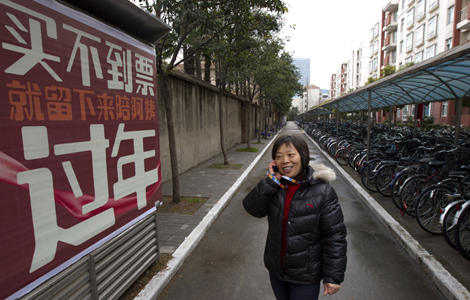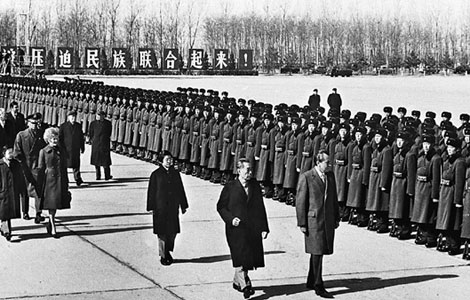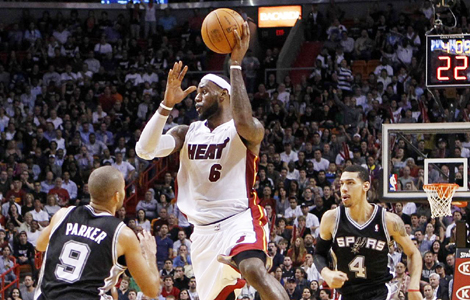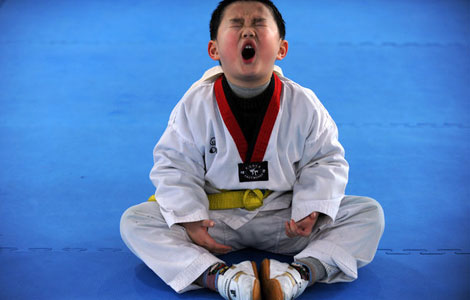Xi's visit to promote public diplomacy
Updated: 2012-01-20 08:23
By Cheng Guangjin (China Daily)
|
|||||||||
BEIJING - Vice-President Xi Jinping's trip to the United States this year is expected to be an opportunity to further promote public diplomacy between the two countries, as more US citizens have positive views on China, a US embassy spokesman said on Thursday.
Richard Buangan, press secretary of the US embassy in China, said preparations are being made for Xi's visit, which will hopefully be announced soon. Buangan didn't confirm specific dates for the visit.
Buangan said it's important to "keep in mind the public diplomacy aspect of a leader's visit", which is "one of the best ways for both sides to understand each other".
Speaking at a news conference with video links connecting Chinese journalists from Beijing, Shanghai, Chengdu and Guangzhou - cities where the US has embassies and consulates - Buangan said the US also wants to promote bilateral ties outside those areas.
"We seek to send teams of American diplomats to help the provinces, in the smaller second- and third- tier cities, to provide education and cultural exchanges, so that the Chinese living in these cities can also experience the positive aspects of China-US relations" he said.
Buangan said previous successful visits have included a balance of "official meetings and dialogue and interaction that took place between our two peoples".
He said the success of President Hu Jintao's state visit to the US in January 2011 was not only reflected in the joint statement and the grand welcoming ceremony, but also in the speech Hu gave to US and Chinese business leaders and his trip to Chicago, where he met US students learning Chinese.
Another example was US Vice-President Joe Biden's visit to China in August, Buangan said. Biden had a chance to experience Chinese cuisine first-hand and traveled to Chengdu, where he talked with Chinese students at Sichuan University and saw some historical relics.
"This led to a better cultural understanding for us. It also allows the Chinese to see an American leader and talk to him," Buangan said.
According to Buangan, most US citizens' views about China are becoming more positive, as indicated by a Pew Center survey a few months ago.
"I think part of that success is the emphasis we place on people-to-people exchange," he said.
In the 2010-11 academic year, nearly 160,000 Chinese students were studying in the US, up 23 percent from the previous year, making them the largest group of overseas students studying in the US.
Statistics show that Chinese travelers spend an average of $6,000 while in the US.
US Ambassador to China Gary Locke has made facilitating the US visa application process a priority as he recognizes the importance of welcoming Chinese visitors.
US President Barack Obama has also initiated the 100,000-strong initiative, which seeks to bring more than 100,000 US students to China in the next five years.
"That's what contributes to mutual understanding in people-to-people dialogue," Bungan said.
Zhao Xinli, a researcher with Charhar Institute, China's public diplomacy think tank, said increasing social and cultural communication between China and the US is significant to the most important bilateral relationship in today's world.
Promoting exchanges between young people from the US and China, increasing cooperation in the cultural field through the arts and deepening communication between the two countries' media, are all effective ways to increase people's understanding of each other, Zhao wrote in a recent article.
"There is a lot to be done to establish an attractive image of China in this era when soft power plays an important role," Zhao said.
Hot Topics
Kim Jong-il, Mengniu, train crash probe, Vaclav Havel, New Year, coast guard death, Internet security, Mekong River, Strait of Hormuz, economic work conference
Editor's Picks

|

|

|

|

|

|







